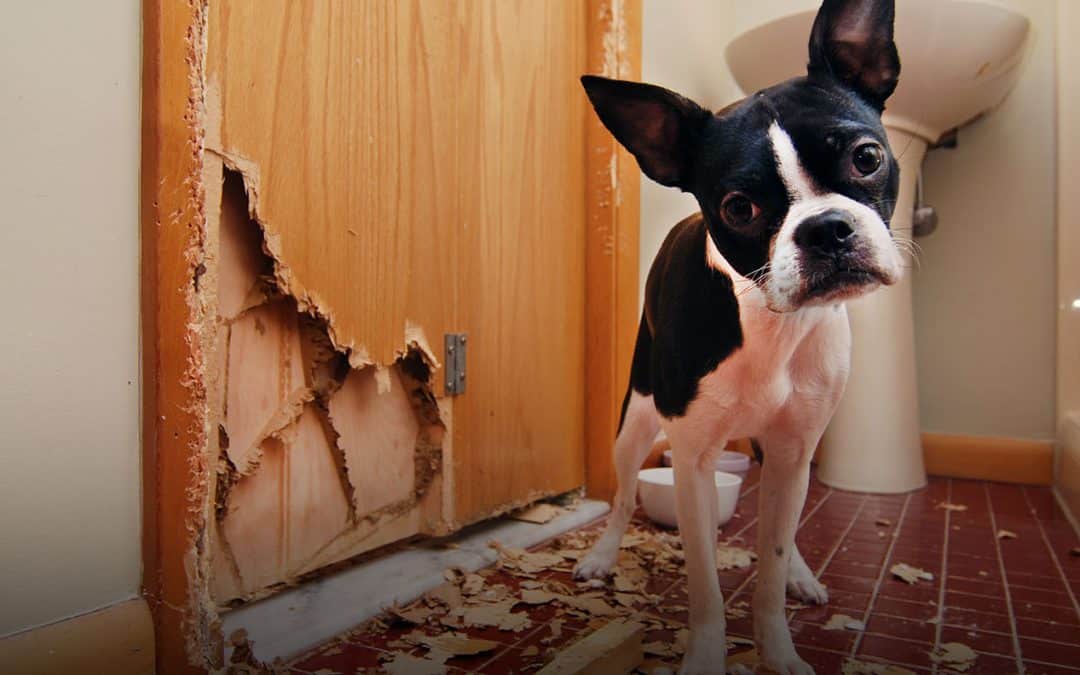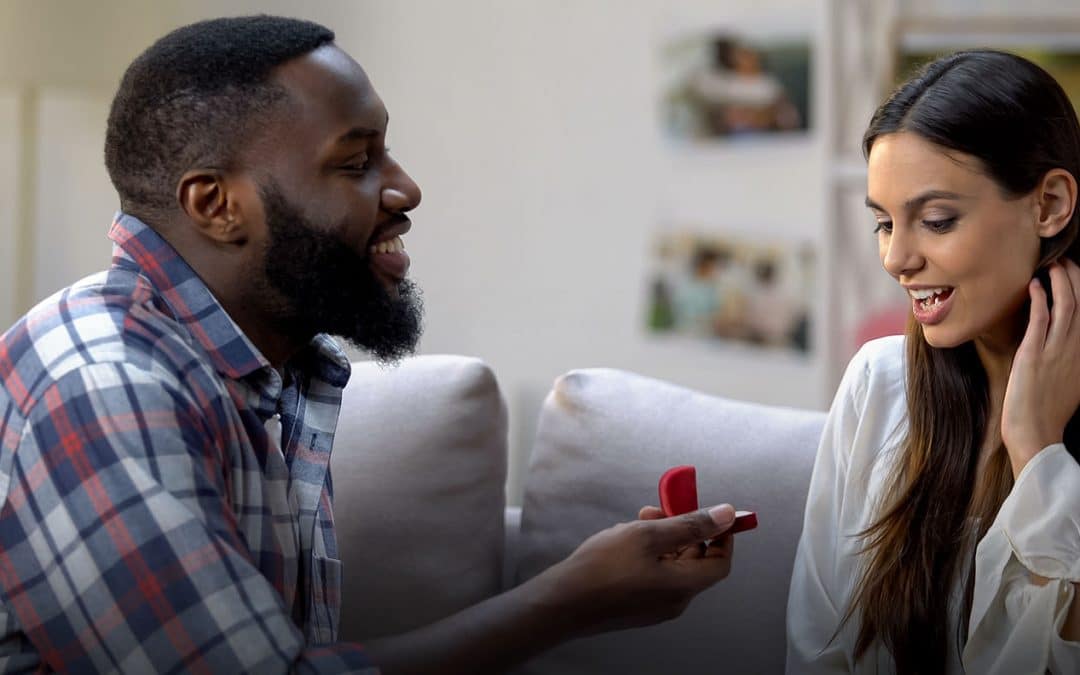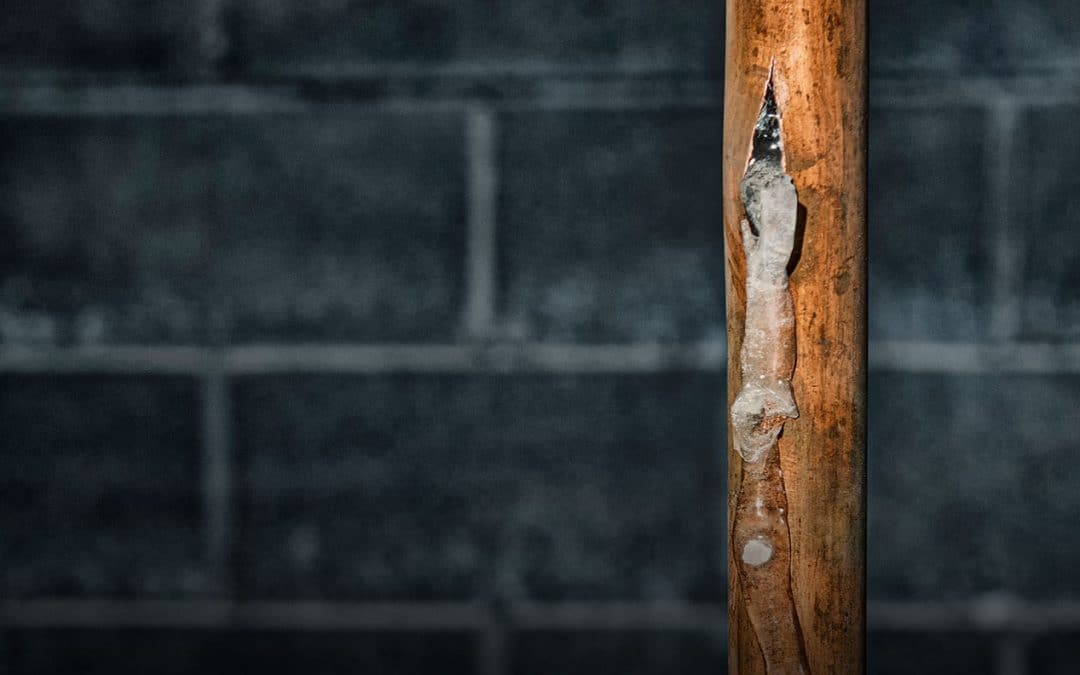Summertime is all about relaxing and spending time with family and friends. But while making those new memories, it’s important to keep in mind a number of outdoor safety tips.
Outdoor Cooking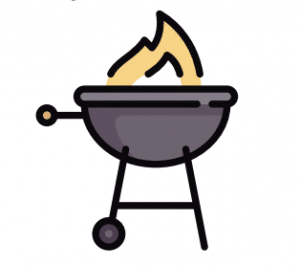
Between 2014 and 2018, fire departments across the country responded to an average of 10,600 home structure and outdoor fires involving grills, hibachis or barbecues. Of those reported fires, there were an average of 10 civilian deaths, 160 civilian injuries, and $149 million in direct property damage annually, the National Fire Protection Association (NFPA) reported.
While fires involving grills, hibachis or barbecues can happen any time of the year, the months of May, June, July and August are peak times when people are outdoors enjoying warmer weather. According to fire officials, the main causes of outdoor cooking fires are failing to clean the cooking grate, leaving the grill unattended, leaving something combustible nearby and having leaks or breaks in the grill body or fuel source.
Before firing up your gas grill or putting a match to the charcoal, the NFPA recommends you:
• Do not use a grill indoors or in any enclosed area
• Place grills on stable ground and keep them away from structures or deck railings
• Never leave lit grills unattended
• Make lit grills inaccessible to children and pets
• Do not add starter fluid to a grill once it has been lit
Swimming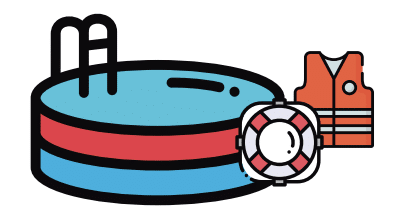
According to the Centers for Disease Control and Prevention, the leading cause of injury death for children 1 to 4 years of age is drowning. The agency reported that drowning is the second leading cause of unintentional injury death after vehicle crashes for children ages 1-14. While spending time in and around the water, it’s recommended you:
• Secure home pools with appropriate barriers, ideally a fence or barrier that is at least 4-feet high and has a self-closing, self-latching gate
• Maintain pool or hot tub water by ensuring it is clean and clear
• Keep life rings, floats, reaching poles and other lifesaving equipment in an easy-to-access area
• Have flotation devices, particularly Personal Flotation Devices (PFDs) or life vests, available for guests who are not experienced swimmers
• Do not run near a pool and be extra cautious when deck surfaces are wet
Fireworks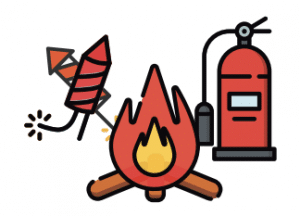
Fireworks are beautiful to look at, but it’s best to leave the displays to the professionals! More than 19,500 fires are reportedly started by fireworks each year, according to the NFPA. Firework related burn injuries account for 44% of the 9,100 reported emergency room visits during the month around the Fourth of July.
To reduce the risk of fireworks-related injuries, the NFPA recommends you:
• Attend professional fireworks displays instead of attempting to ignite them on your own
• Use glow sticks in lieu of fireworks as they are a safe alternative to sparklers
• Use noise makers to make a statement which can be found at local party supply stores
What happens if you took all the precautions but an accident still happened on your property? If you have liability coverage under your homeowners policy you could be covered, but it’s best to check with your Independent Agent.

